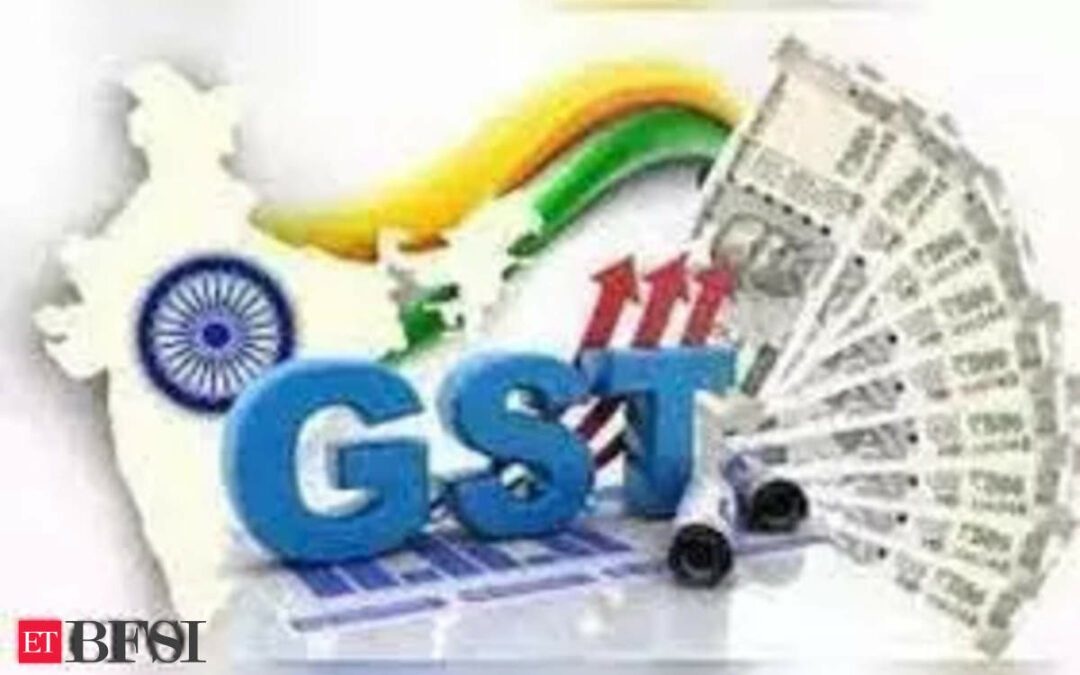Seven years have passed since the Goods and Services Tax (GST) was introduced on July 1, 2017, consolidating various state and central indirect taxes into a unified system.
With buoyant revenue collections setting the stage, experts anticipate the next phase of GST reforms. These reforms may include addressing working capital impacts, rationalizing GST rates, removing input tax credit (ITC) restrictions, and implementing sector-specific reforms to address existing challenges.
Industry stakeholders are particularly eager for streamlined GST audits and investigations as the statute of limitations nears its end for the initial years of GST implementation. Clear guidelines for investigations are seen as crucial in this regard.
The journey so far
GST revenue reached a peak of Rs 20.2 trillion in FY24, growing steadily at over 10% annually, albeit at a slower pace compared to earlier years, as reported by the Centre for Monitoring Indian Economy and government data.
The implementation of electronic way (e-way) bills from April 1, 2018, has significantly increased both intrastate and interstate transactions, with intrastate movements showing a particularly sharp rise. Cess collections have consistently exceeded Rs 1 trillion since FY22 and continue to rise.
Experts note that GST has not only standardized tax rates across the country but has also led to substantial increases in tax revenues. Monthly collections have more than doubled over the past three months, averaging over Rs 1.8 lakh crore, compared to Rs 89,884 crore in the first year of GST implementation.
Also, the growth in State GST (SGST) revenues has helped reduce the vertical fiscal imbalance between the Centre and the States. State collections from own tax revenues reached 65.4% of overall tax revenues in FY22 and FY23, up from the 62.8% average in FY16 and FY17.
The share of the Centre’s GST revenue in GDP rose to 3.3% in FY24 from 3.1% in FY19, indicating the increasing significance of GST in India’s fiscal framework.
The expectations
A recent survey conducted by Deloitte, GST@7, revealed that 84% of respondents acknowledge the positive impact of GST, citing improvements such as adoption of technology, enhanced financial efficiencies, and streamlined supply chains.
However, despite widespread affirmation, the industry has articulated several key demands to enhance GST’s efficacy. These include addressing challenges in audits, implementing a robust dispute resolution mechanism, rationalising GST rates, and promoting exports by liberalising rules.
Among the critical reforms sought by stakeholders, 88% emphasised the need for more structured audits and adjudication processes, including sector-specific expertise and timely conclusions. The absence of a dedicated GST Appellate Tribunal has also been highlighted as a pressing issue, necessitating swift establishment to relieve pressure on high courts.
Furthermore, 79% of respondents stressed the urgency of rate rationalization, particularly addressing the inverted duty structure (IDS) to facilitate refunds and support domestic manufacturing. Advocacy for liberalizing rules on export of services (supported by 70% of participants) and removing restrictions on ITC under Section 17(5) of the GST Act were also significant points of contention.
Experts want the government to expand the GST ambit to include petroleum products and electricity, currently exempted from GST, to mitigate cost inefficiencies. This expansion could begin with natural gas and aviation turbine fuel, eventually encompassing other crucial sectors like petrol and diesel.











